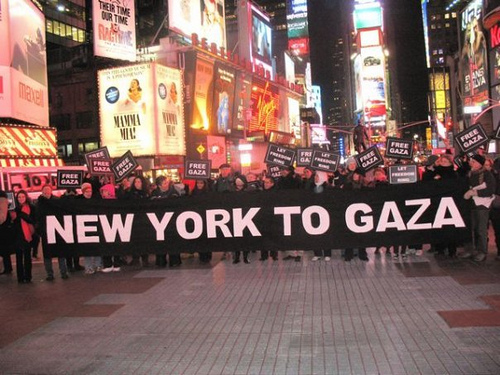An impossible telephone connection prevented us from talking with Dinah Rose, the lead counsel for the plaintiffs in the British Supreme Court case involving the refusal of the Jewish Free School to admit a boy whose mother was not Jewish by Orthodox standards (that is, she was neither born Jewish, nor did she have an Orthodox conversion). Her conversion was through the Masorti movement, what we call Conservative in the U.S.. The Court of Appeals ruled that the school, under Britain's Race Relations Act, had illegally discriminated against the boy on grounds of ethnicity. The school appealed to the Supreme Court, which this month upheld the lower court ruling.
The case highlights yet again the question of what it means to be a Jew: is it one's culture and/or ethnicity, is it one's religion or is it some combination of the two? And who gets to decide? For a useful discussion of the conundrum by Rabbi Ethan Tucker, click here. And for two news stories on the decision:
The Jewish Chronicle and The Guardian
 An update from Cairo on the Gaza Freedom March, whose participants are stymied by severe restrictions; plus, the legacy of Irving Kristol and the origins of neo-conservatism.
An update from Cairo on the Gaza Freedom March, whose participants are stymied by severe restrictions; plus, the legacy of Irving Kristol and the origins of neo-conservatism.

![[podcasting logo]](../../../files/podcast.png) Podcast
Podcast